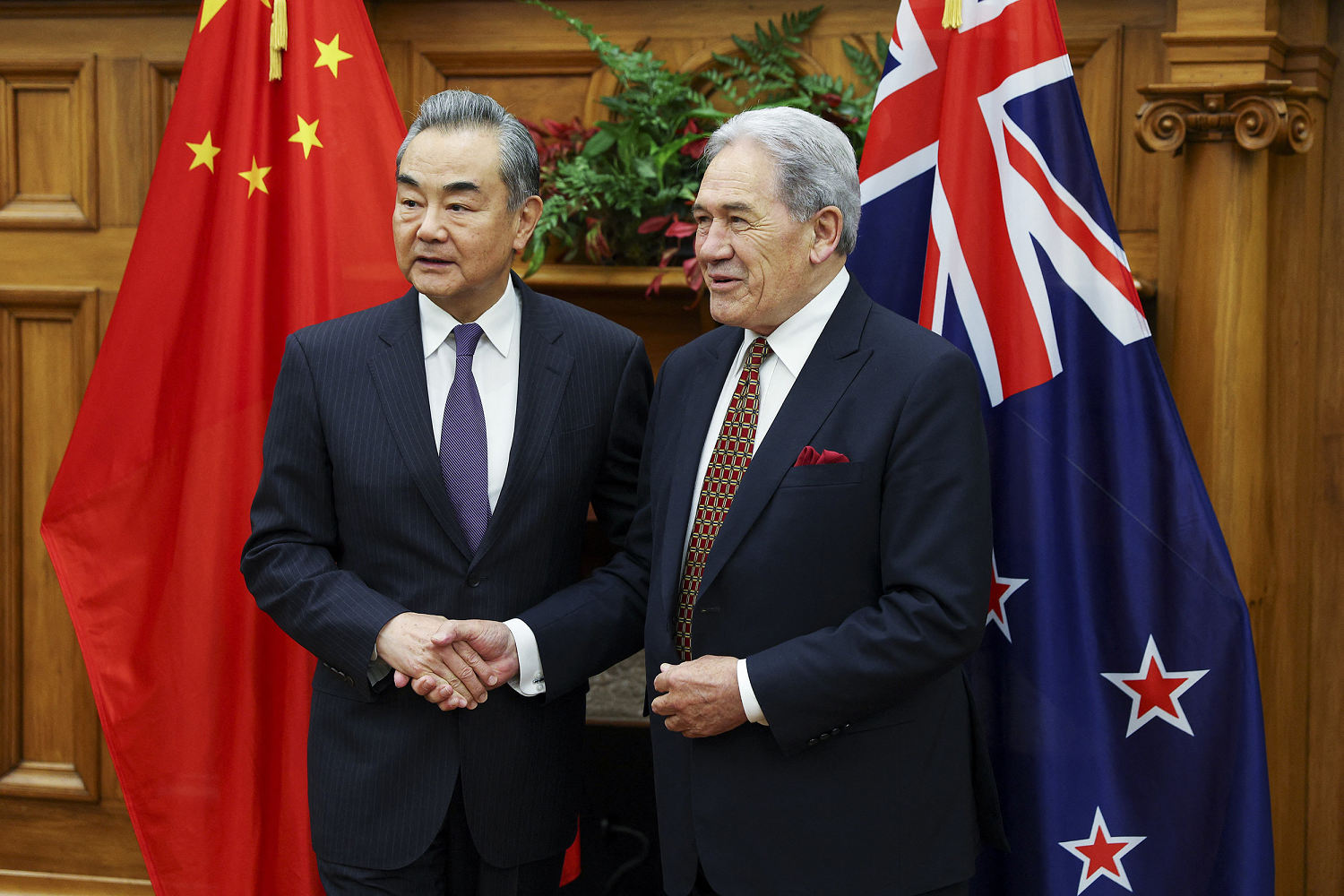New Zealand accuses China-backed hackers of cyberattacks on parliament

New Zealand has accused China of “malicious cyber activity” linked to Chinese state actors, who targeted its parliament in 2021.
The government “expressed concerns today about malicious cyber activity, attributed to groups sponsored by the Chinese Government,” New Zealand’s Foreign Minister Winston Peters said on Tuesday.
It comes one day after the U.S. and U.K. claimed China-linked hackers were behind a cyber espionage campaign that stole British voter data and targeted millions of individuals, including lawmakers, academics, journalists, and defense contractors.
“Foreign interference of this nature is unacceptable, and we have urged China to refrain from such activity in future,” Peters said, adding that officials expressed their concerns over the targeting of democratic institutions in discussions with the Chinese ambassador.
“The use of cyber-enabled espionage operations to interfere with democratic institutions and processes anywhere is unacceptable,” Judith Collins, New Zealand’s minister for the communications security bureau, said in a separate statement.
New Zealand’s intelligence service, the National Cyber Security Centre, “completed a robust technical assessment following a compromise of the Parliamentary Counsel Office and the Parliamentary Service in 2021,” Collins said.
The activity has been attributed to a Chinese state-sponsored group, she added.
The Chinese Embassy in New Zealand did not immediately respond to a request for comment.
Australia has also joined in condemning China’s alleged cyber attacks targeting U.K. democratic institutions and parliamentarians.
While Australia’s electoral systems were not compromised by the cyber campaigns that targeted the U.K., “the persistent targeting of democratic institutions and processes has implications for democratic and open societies like Australia,” said a statement from the minister of foreign affairs.
In 2019, Australian intelligence reportedly determined China was responsible for a cyberattack on its national parliament and three largest political parties before a general election, though the government never officially disclosed a culprit.
China has repeatedly disputed U.S. and U.K. claims of cyber interference. Responding to reports the U.K. was preparing its accusations on Monday, Chinese Foreign Ministry spokesperson Lin Jian said countries should base their claims on evidence rather than “smear” others without factual basis.
“We hope all parties will stop spreading false information, take a responsible attitude, and work together to maintain peace and security in cyberspace,” he said, adding that cybersecurity issues should not be “politicized.”
On Monday, the U.S. Treasury Department announced sanctions against two individuals alleged to be part of a group called “Advanced Persistent Threat 31,” or APT31, identified as a collection of Chinese state-sponsored intelligence officers and contract hackers behind an array of malicious cyber operations.
The U.S. also placed sanctions on a firm in China called Wuhan Xiaoruizhi Science and Technology Co., which the Treasury alleged was a front that “served as cover for multiple malicious cyber operations.”
The U.S. Department of Justice also announced indictments against seven hackers allegedly associated with APT31, carrying charges of computer intrusion and targeting of perceived critics of China, as well as U.S. businesses and politicians.
Read More: New Zealand accuses China-backed hackers of cyberattacks on parliament

